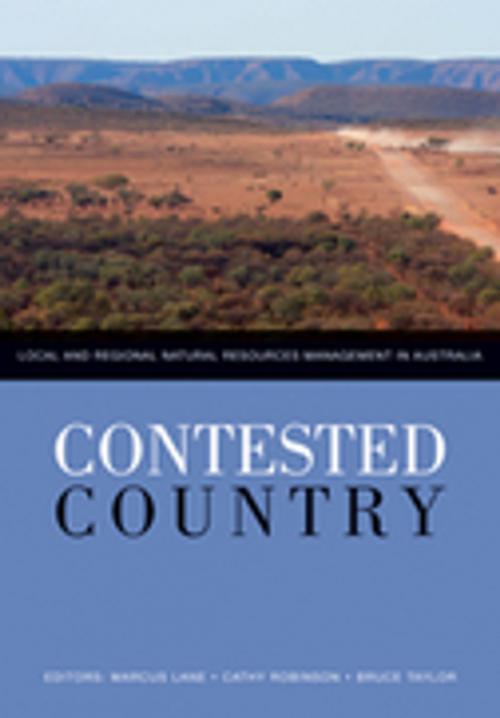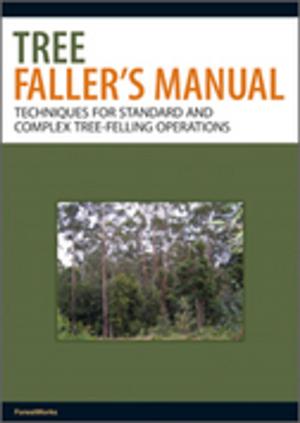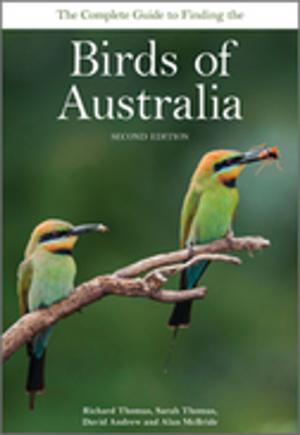Contested Country
Local and Regional Natural Resources Management in Australia
Nonfiction, Science & Nature, Technology, Nature, Science| Author: | Cathy Robinson, Bruce Taylor | ISBN: | 9780643101807 |
| Publisher: | CSIRO PUBLISHING | Publication: | October 28, 2009 |
| Imprint: | CSIRO PUBLISHING | Language: | English |
| Author: | Cathy Robinson, Bruce Taylor |
| ISBN: | 9780643101807 |
| Publisher: | CSIRO PUBLISHING |
| Publication: | October 28, 2009 |
| Imprint: | CSIRO PUBLISHING |
| Language: | English |
In Contested Country, leading researchers in planning, geography, environmental studies and public policy critically review Australia's environmental management under the auspices of the Natural Heritage Trust over the past decade, and identify the challenges that must be met in the national quest for sustainability. It is the first comprehensive, critical examination of the local and regional natural resources management undertaken in Australia, using research sourced from all states as well as the Northern Territory. It addresses questions such as: How is accountability to be maintained? Who is included and who is excluded in decentralised environmental governance? Does the scale of bottom-up management efforts match the scale of environmental problems? How is scientific and technical fidelity in environmental management to be maintained when significant activities are devolved to and controlled by local communities? The book challenges some of the accepted benefits, assumptions and ideologies underpinning regional scaled environmental management, and is a must-read for anyone interested in this field.
In Contested Country, leading researchers in planning, geography, environmental studies and public policy critically review Australia's environmental management under the auspices of the Natural Heritage Trust over the past decade, and identify the challenges that must be met in the national quest for sustainability. It is the first comprehensive, critical examination of the local and regional natural resources management undertaken in Australia, using research sourced from all states as well as the Northern Territory. It addresses questions such as: How is accountability to be maintained? Who is included and who is excluded in decentralised environmental governance? Does the scale of bottom-up management efforts match the scale of environmental problems? How is scientific and technical fidelity in environmental management to be maintained when significant activities are devolved to and controlled by local communities? The book challenges some of the accepted benefits, assumptions and ideologies underpinning regional scaled environmental management, and is a must-read for anyone interested in this field.















